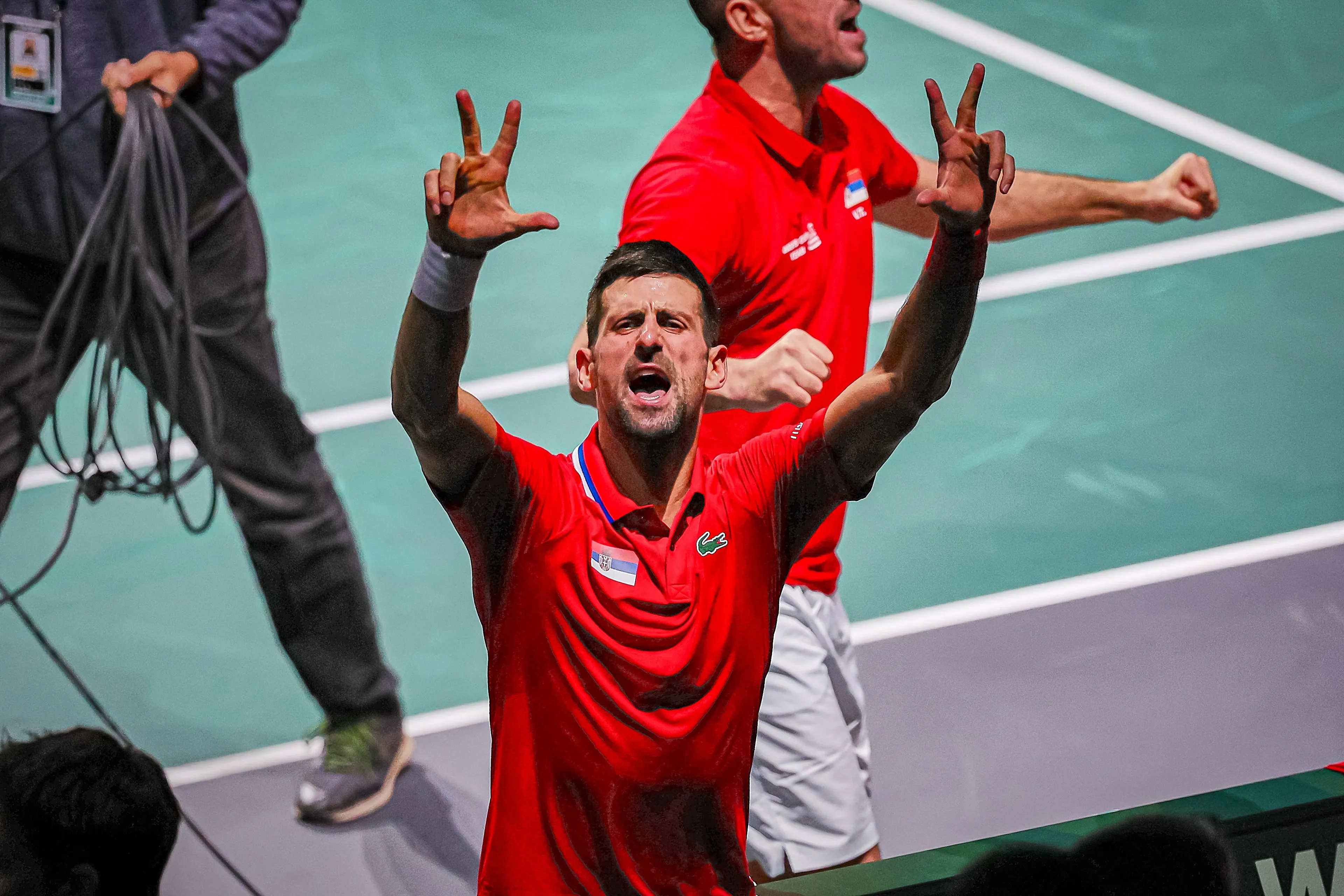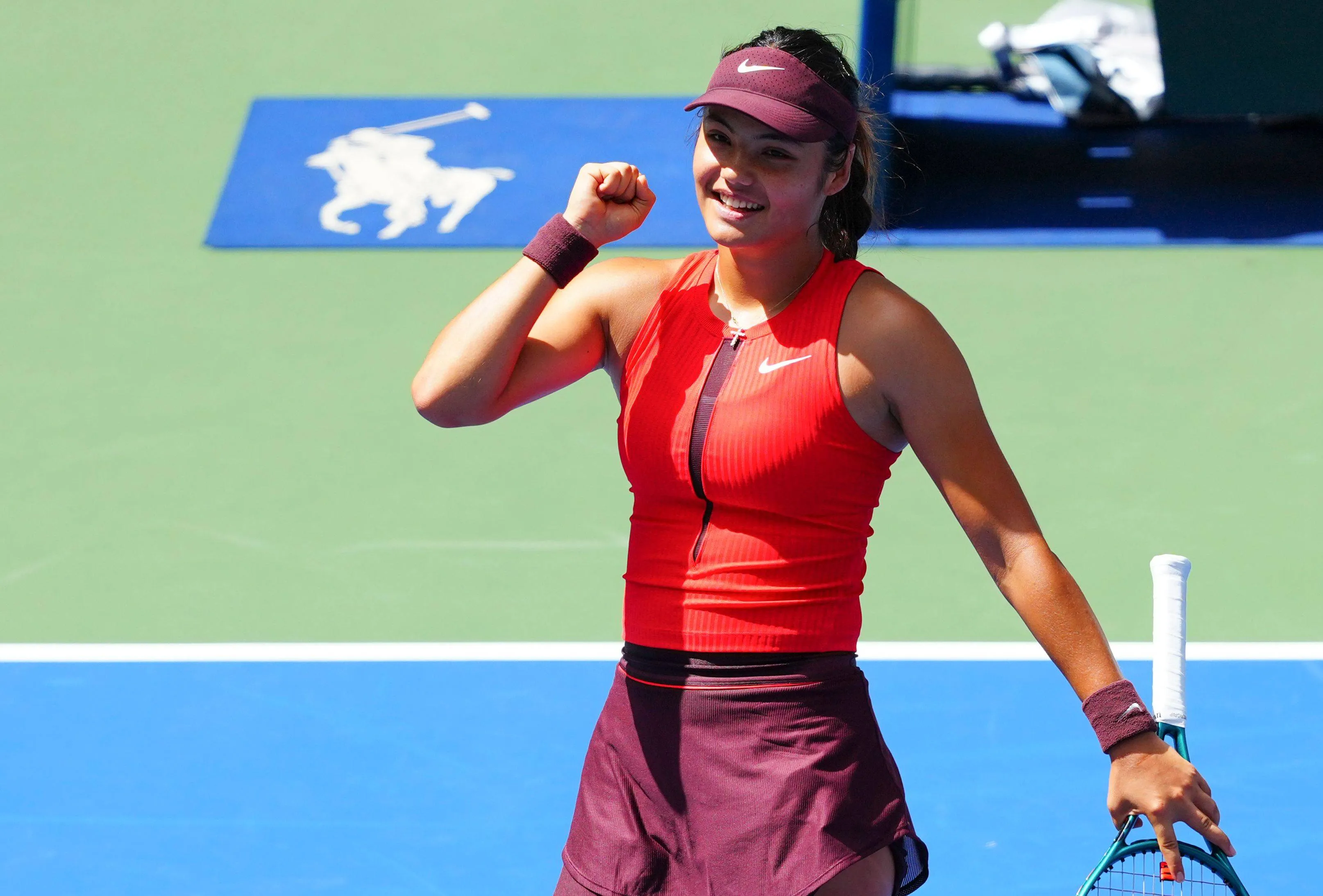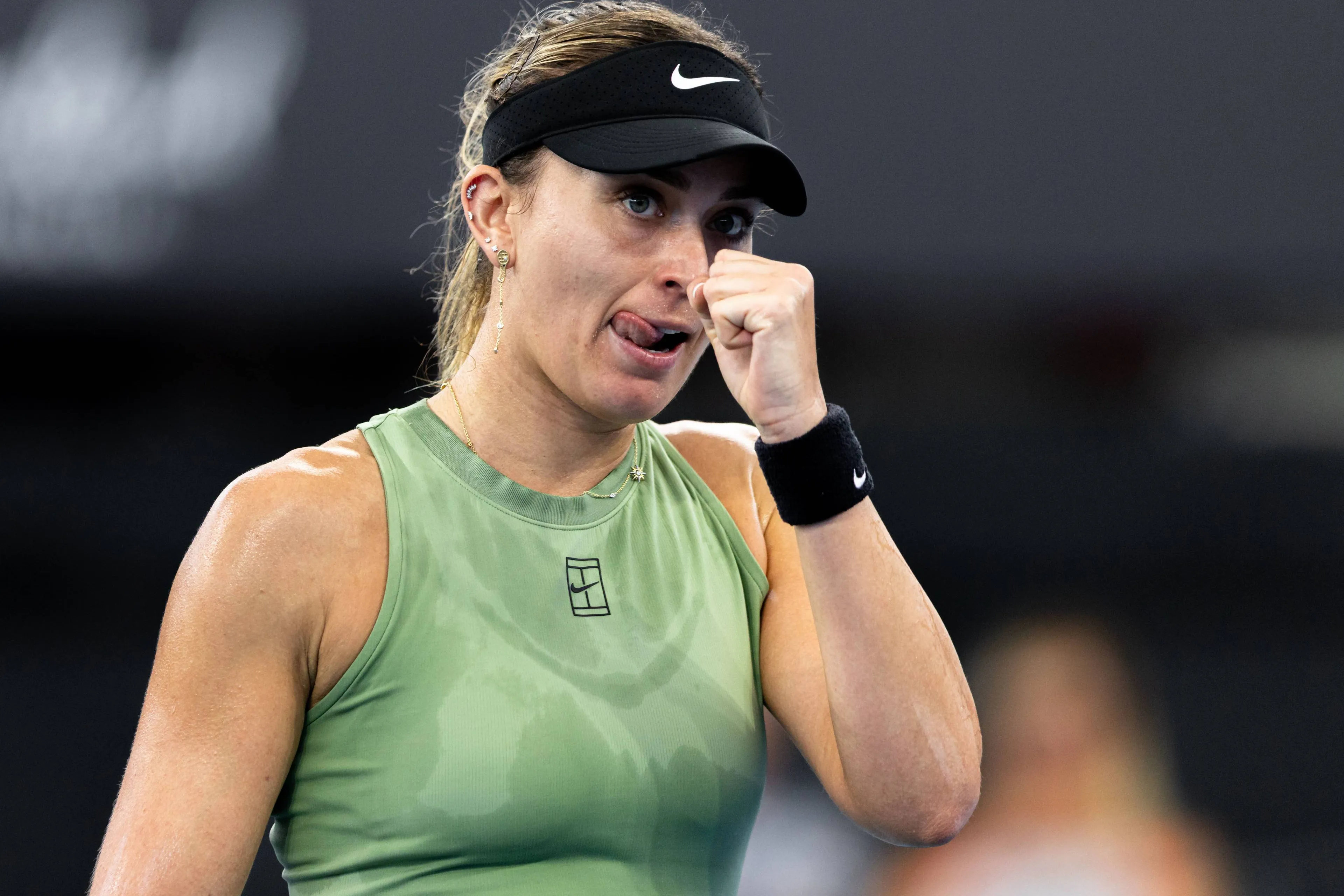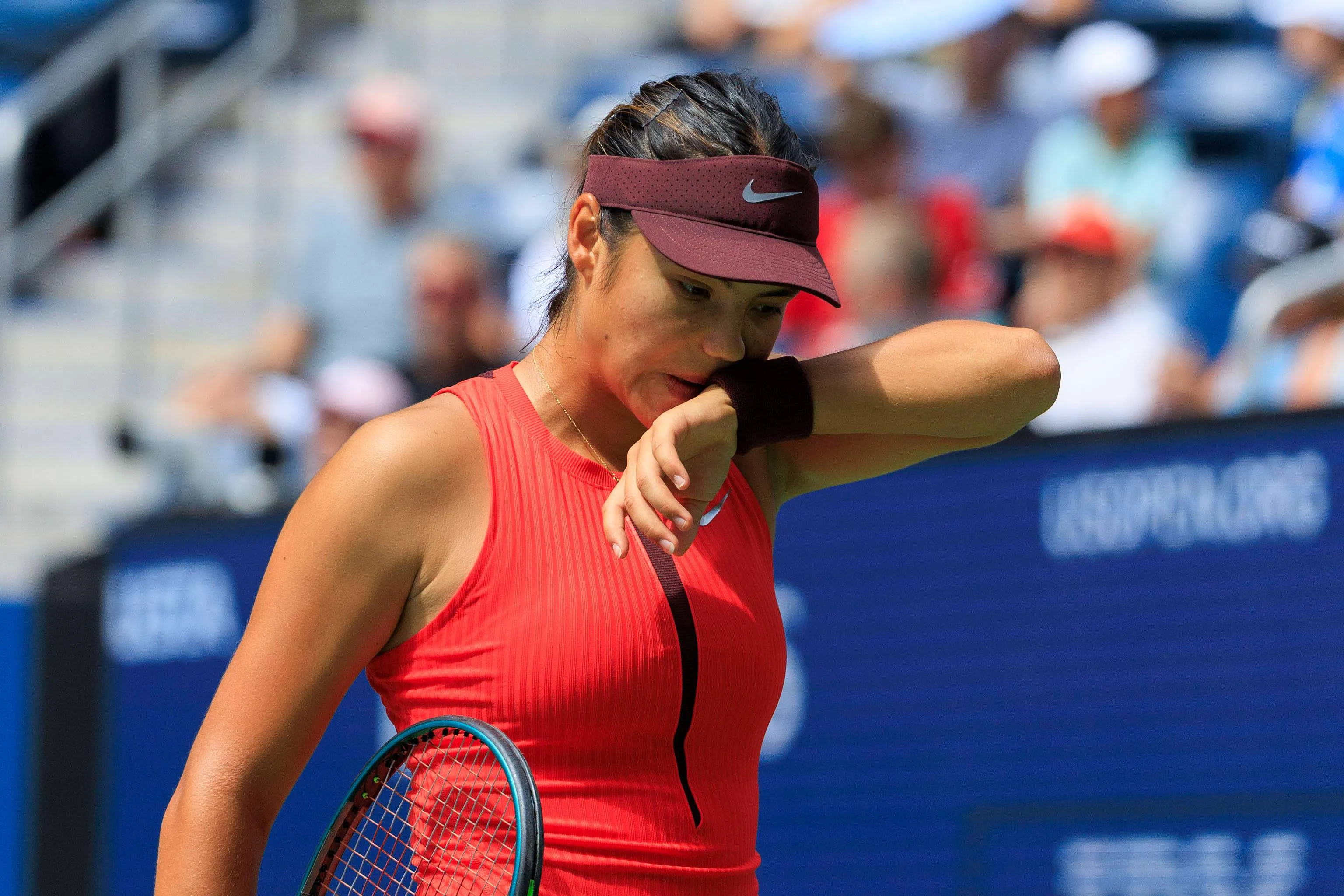
Who is Boris Becker?
Boris Becker is a former German tennis player, born November 22, 1967 in Leimen, Germany. He became one of the youngest Grand Slam champions in history by winning Wimbledon in 1985 at the age of 17, a title he would win twice more (1986 and 1989). Becker was known for his powerful serve, aggressive style of play and spectacular diving volleys. In all, he won six Grand Slam titles and was one of the most dominant tennis players in the 1980s and 1990s. After his retirement, Becker became a tennis coach, television commentator and businessman, and remains an iconic figure in the tennis world.
Name: Boris Becker
Born: 22 november 1967
Birthplace: Leimen, Germany
Turned Pro: 1984
Height: 1,91m
Born: 22 november 1967
Birthplace: Leimen, Germany
Turned Pro: 1984
Height: 1,91m

Boris Becker doing lectures and workshops, 2025
Boris Becker is a former German tennis player, born Nov. 22, 1967, in Leimen, Germany. He grew up in a sporting family; his father, Karl-Heinz Becker, was an architect and founder of a tennis center, while his mother, Elvira Pisch, was a homemaker. Becker began playing tennis at an early age and made his breakthrough in 1985 by winning Wimbledon at the age of 17, becoming the youngest champion ever. He eventually won six Grand Slam titles, including Wimbledon three times, and was one of the leading players of his era.
Becker was known for his powerful serve, aggressive style of play, and characteristic diving volleys. He was a fixture on the German Davis Cup team, winning the Davis Cup twice. During his career, he earned millions of dollars in prize money and sponsorship deals with brands such as Puma and Coca-Cola.
After retiring in 1999, Becker became a tennis coach, including for Novak Djokovic, and worked as a television commentator. He launched several business ventures, although he also faced financial and legal problems. Despite these challenges, Becker remains an iconic figure in the tennis world and is considered one of the best players of the 1980s and 1990s.
Boris Becker began his professional tennis career at the age of 16 and would soon become one of the most iconic tennis players of all time. His breakthrough came in 1985 when, at age 17, he made history by winning Wimbledon, becoming the youngest Grand Slam champion ever and the first unseeded player to win the tournament. That summer he also won titles at Queen's Club and Cincinnati, finishing the year as one of the top 10 players in the world.
In 1986, Becker confirmed his status as one of the best players in the world by winning Wimbledon again. He also added the Paris Open and the Toronto Indoor tournament to his record this year, once again finishing in the top 5 in the world. His aggressive style of play, powerful serve and spectacular diving volleys made him a beloved figure with fans around the world.
Although 1987 did not become the year of his third Wimbledon title, Becker continued to perform strongly. He won the Davis Cup with Germany and added titles in tournaments such as the Stockholm Open and the World Team Cup. In 1988, he reached the Wimbledon final but lost to Stefan Edberg. However, he recovered by winning the US Open, his first win at that tournament, and finished as No. 2 in the world.
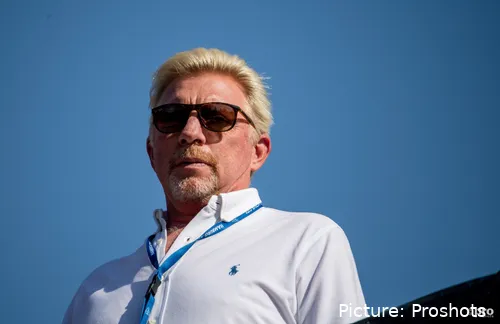
Boris Becker 2021
The year 1989 became one of Becker's most successful years. He won his third Wimbledon title after an epic final against Stefan Edberg and also captured the US Open title, confirming his status as one of the best players of his generation. In 1990, his success continued, although he failed to win a Grand Slam title. He reached the final of Wimbledon and remained a fixture in the top five of the world rankings.
In 1991, Becker won his only Australian Open title, capturing his sixth Grand Slam title. He also finished as a finalist at Wimbledon and won the World Team Cup with Germany. The year 1992 was less successful for Becker; although he reached some finals, he did not win any Grand Slam titles and ended the year as a prominent player in the world's top 10.
Becker's career had ups and downs in the following years. In 1993, he reached the semifinals of the Australian Open and won some smaller tournaments, such as Doha and Brussels, but he dropped back slightly in the world rankings. In 1994, he regained his form with a title in the Milan Indoor tournament and a semifinal at Wimbledon, but failed to add another Grand Slam title.
The year 1995 brought renewed success for Becker. He won the Australian Open and reached the final of Wimbledon. With victories in Tokyo and Paris, he returned to the world's top five. In 1996, he continued his career with wins in the Grand Slam Cup and a final place in the ATP World Tour Finals. He continued to compete with the best players of his generation.
In 1997, Becker announced he was entering his final season as a professional player. He reached the third round of Wimbledon and ended his career with strong performances in several tournaments. In 1998, Becker played his final season on the ATP tour and officially retired from professional tennis. Although he did not win any major titles in his final year, he was honored for his contributions to the sport and remained a beloved figure in the tennis world.
After his retirement, Becker remained involved in tennis as a coach, commentator and businessman. He worked as a coach for Novak Djokovic, with whom he won several Grand Slam titles. Despite some personal and financial problems, Becker remained an iconic figure in the tennis world. With six Grand Slam titles, including three Wimbledons, and his contribution to the German Davis Cup team, he is remembered as one of the greatest players of his time. His charisma, passion and unique style of play made him a legend in tennis history.
Read also
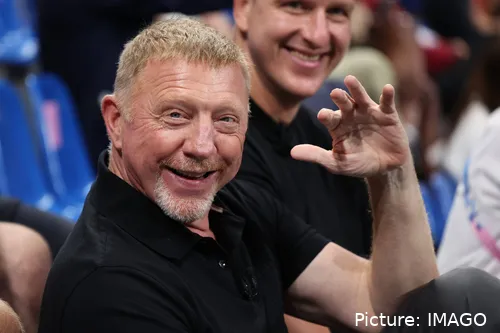
Boris Becker at the 2024 Paris Summer Olympics
Here is a list of all the tournaments Boris Becker has won in his career:
🏆 Grand Slam Singles Titles (6)
- Wimbledon: 3 titles (1985, 1986, 1989)
- US Open: 1 title (1989)
- Australian Open: 2 titles (1991, 1996)
🏅 Year-End Championships (Grand Prix/ATP Finals) – 3 titles
- 1988, 1992, 1995 (held on carpet)
🏆 ATP Masters / Super 9 Titles – 13 titles
- Including wins in Cincinnati, Canadian Open, Indian Wells, Paris (then Super 9/Premier/Masters level)
🎾 ATP 500 Level Titles – 9 titles
- Spanning big events such as Washington, Montpellier, Chicago, Tokyo, Brussels, Stuttgart, Indianapolis, Sydney, and others
🥇 ATP 250 & Equivalent Titles – 21 titles
- Victories across tournaments like Sopot, Doha (multiple times), Stockholm, Philadelphia, and other hard/carpets events
📊 Career Summary
- Total Singles Titles: 49
- Surfaces: Hard, Grass, Carpet (no clay titles)
Boris Becker’s trophy cabinet reflects his explosive serve-and-volley style—a career highlighted by Grand Slam success, Masters dominance, and unrivaled longevity with substantial titles across elite tournaments.
Coach and Mentor for new talents
Boris Becker is not active as a player, but he remains involved in the tennis world in various ways. He works as a television commentator for several major tournaments, where he shares his expertise and provides the public with analysis and commentary. Becker also remains active as a coach and mentor for emerging talents, sharing his experience to inspire new generations of tennis players.
Prominent Presence at Events
In addition, Becker gives lectures and workshops on mental toughness and strategy in sports, drawing on his own experiences as a former Grand Slam champion. He remains a prominent figure in the tennis world and was often invited to events and ceremonies where he is honored for his contributions to the sport.
claps 0visitors 0
Just In
Popular News
Latest Comments
- The poor Head Sportswasher has been whining and crying in the media, and basically threatening Saba, Iga, etc. Must be a real Ego Buster when they dangle money and people (especially Women) say, 'No thanks'.
- "Losing-itis" is not uncommon in Emma's small world. Just keeps begging the question, 'What are sponsors paying for? Limited tennis appearances... or Social Selfie Media presence?'
- Dubai can suck it up like everyone else. Just because they think they run the show, they do not. Sportswashing does not give them Power.
- You're losing your mind here.. You use a lot of space, yet inadequate knowledge. Read the WTA Rule Book 2026; it answers all your questions and accusations.
- Why single out Iga and Aryna to punish?, Since when do players get punish because they withdraw from tournaments? Maybe if they both were treated like number one and two players, they would not have this problem. The WTA discriminates against them because of their nationalities, yet they want to make money off them. Every tournament, Iga has harder draws than qualifiers from the beginning to the end. In the Australian Open they stuck Aryna out in the sun the majority of her matches in order to tire her out. She is the number one player in the world and she never got the opportunity to play with the roof closed. If they want these top players to continue playing and making money for them, then they should treat them as such. Otherwise, get the players who they are always giving out cupcake draws to like Pegula to play their tournaments. Lets see how many seats in the audience she will fill. Iga has more fans in the seats than any player in the WTA, yet she is always disrespected and mistreated because of her nationality. The WTA is a corrupt, bias and racist organization. No matter what job someone is on, you cannot tell them that they are not sick or injured.
- LOL. Billie Jean King hates being a woman.
- Pulling out a tournament is not illegal. Therefore, that is no problem. Maybe they need more rest.
- It is simple. If you do not want cameras following you, get away from tennis and go find another job. Cameras and interviews are a part of the job. They do not mind cameras when they are winning. If the women tennis players would put the same amount energy to playing tennis as they do with complaints, women tennis would be exciting to watch.
- Yeah, that's what I would do... be nice and lose a match
- Turns out Swiatek is as big a cheater as Draper (remember vs FAA?)when she didn’t admit to hitting a double bounce drop shot. The blind chair ump didn't even see it on the replay but fortunately got the correct call from someone on the phone (supervisor?) we all saw it…..it wasn’t even a close call. Great win Sakkari !!
Loading
